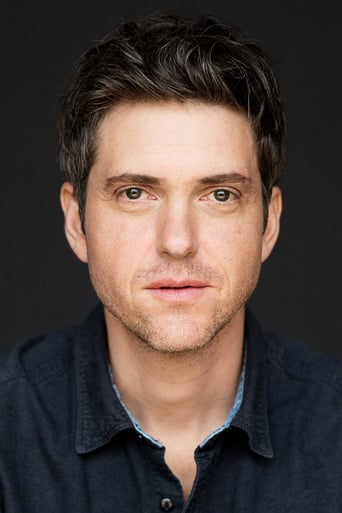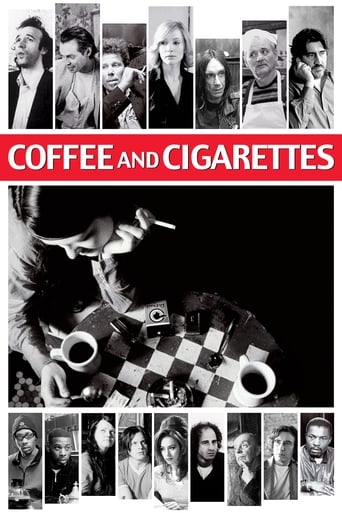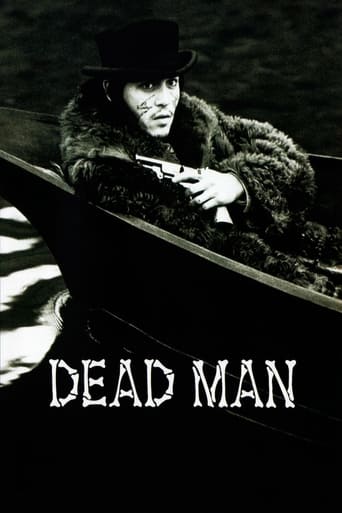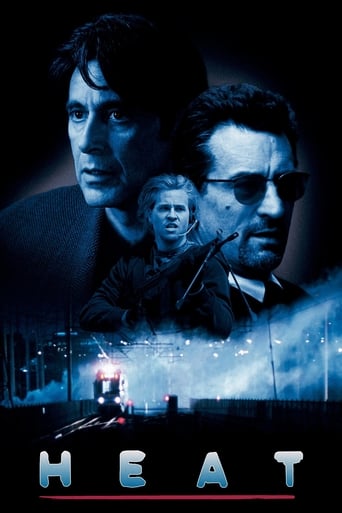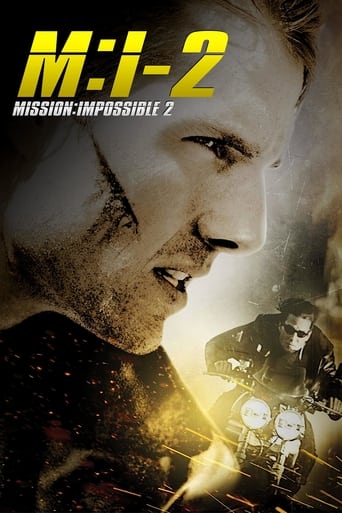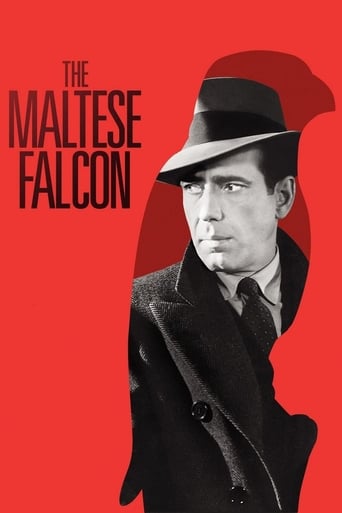
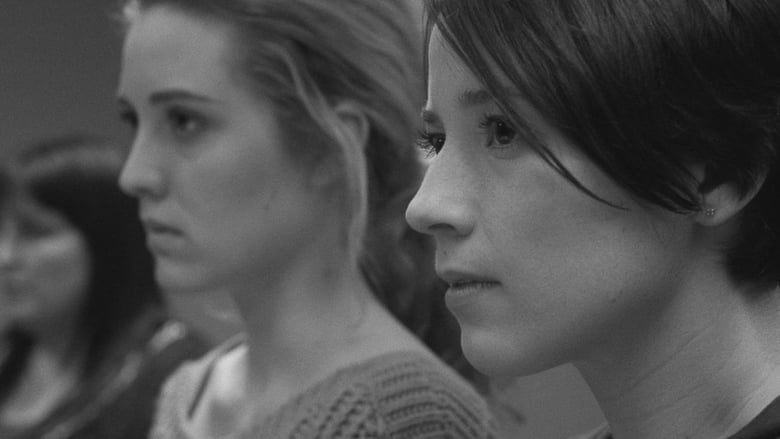
Polytechnique (2009)
A dramatization of the Montreal Massacre of 1989 where several female engineering students were murdered by an unstable misogynist.
Watch Trailer
Cast


Similar titles
Reviews
Based on the Ècole Polytechnique massacre that took place on December 6, 1989 in Montreal, Polytechnique documents the horrifying tragedy in which a gunman who claimed to be "fighting feminism" murdered 14 young women & wounded several others before turning the gun on himself and is shown from the perspectives of three people; the killer, one of his wounded victims & the victim's friend.Excellently directed by Dennis Villeneuve (director of Incendies & Prisoners) plus exquisitely captured in black n white, the film grabs the viewers' attention from its opening moment & is told in a manner that only pulls them in, in spite of its dark story. Running at only 77 minutes, it not only recreates the dreadful event but also covers the aftermath of the three main people involved in the story.The three characters we are introduced too are nicely presented on the screen by their respective actors, each delivering a very fine performance. However, the back-n-forth jump this film takes from time to time turned out to be quite distracting from the main subject. As for its faithfulness with the historical account, the film covers the gunman's killing spree with stunning accuracy.On an overall scale, Polytechnique is a hard-hitting docudrama that neither tries to make a statement nor offers any kind of redemption but simply offers an insight of what happened on December 6, 1989. It presents a man who lost his way in life & blamed women for all his miseries and yet never really judges him for the judgment part is left to viewers themselves & in that aspect, it's sure to divide its audience.An unsettling, tense & haunting recount which once experienced won't be easily forgotten, Polytechnique is a daring work of filmmaking crafted in memory of those 14 young women who lost their lives & few who survived but were scarred for life only because of the extreme misogynistic view of an individual who went completely crazy and the film as a whole subtly exhibits just how much hatred there can be in this world. Thoroughly recommended.
I thought that this film really portrayed the story very well. If you have ever had to endure a Montreal winter, even for a few days, it was captured so beautifully. The lack of dialogue drove you to rely on your other senses. This film really made you think that this could actually happen here in Canada! I think all of the negative comments are just from some of our friends in the south who have been through many school shootings and are desensitized to it. You must member, 20 years ago, there was nothing like this happening anywhere in North America! let alone a higher education institution!The 20th anniversary is coming up, and I will be wearing a white ribbon. I know the man who runs this program and will be donating as well. Violence against women is still a very live reality in this world, and we should do everything we can to educate against it. Seeing this film is a great start for anyone.
A couple of things to note: this film is described as "fictionalised", but as far as I know most of it is accurate. The massacre occurred, the film is dedicated to the fourteen women killed (who are named at the end of the movie), and the film makers have changed the names of the characters to spare the families.I avoided this until someone I trusted recommended it. I was concerned that it would be either exploitive or inept, or one of those movies that tries to explain the "phsychology" behind insane rampages (yawn) at the expense of the victims.In fact Polytechnique is a sparse simple work of great skill and humanity. There is no gratuitous violence, no gratuitous emotion, no excesses of any kind. Unsentimental, and completely moving.Afterwards I found myself looking up the chronology of the massacre and was surprised at how accurate the film really is.And to address a previous comment, Marc Lepin was not a victim of a feminist conspiracy. Marc Lepin was the victim of Marc Lepine. Too bad he took fourteen others with him.
On December 6, 1989, Marc Lepine wrapped his Ruger Mini-14 semi automatic rifle in a plastic garbage bag, filled the pockets of his coat with ammunition, and headed off to class at the Montreal's Ecole Polytechnique, the engineering branch of the University of Montreal. By the time he was through, fourteen women lay dead, and another ten women and four men were in critical condition. Lepine culminated his misogynistic rampage and wretched existence with a bullet to his head, leaving behind a rambling three page letter railing against feminists who had turned society against him and ruined his life and everything good that had been created by man.Even today the magnitude of the tragedy runs deep in Montreal's collective psyche, and its into this minefield that the film Polytechnique dares to tread, stirring strong sentiments from the public and critics alike for recounting an event whose wounds still live in the consciousness of victims families and survivors.Filmed in stark black and white, and shot twice, once in French and again in English using the same cast, Director Denis Villeneuve imbues the film with an almost suffocating foreboding as a pallor of death hangs over the day like the snow that gently falls throughout. Rather than dwell on Lepine, he instead shifts the focus to two fictional students, Valérie (Karine Vanasse) and Jean-François (Sébastien Huberdeau), each bringing the perspective of their respective gender to the story.By framing events through the lives of these two, Polytechnique packs a most powerful punch. With the exception of a bone chilling beginning, Lepine's murderous rampage virtually plays second fiddle to the story of Valérie and Jean-François, which is how Villeneuve wanted it. He studiously avoids dwelling on death, and shifts the film's emphasis to that of life, grappling with tragedy head on, and the aftermath of anguish that exploded that day like so many bullets from Lepine's gun.This isn't some sensationalist gory ode to a mass murderer, but rather a memorial to the victims of that day. It's not that often you see that in a movie, which makes watching Polytechnique an act of remembrance, and a cause to reflect.


